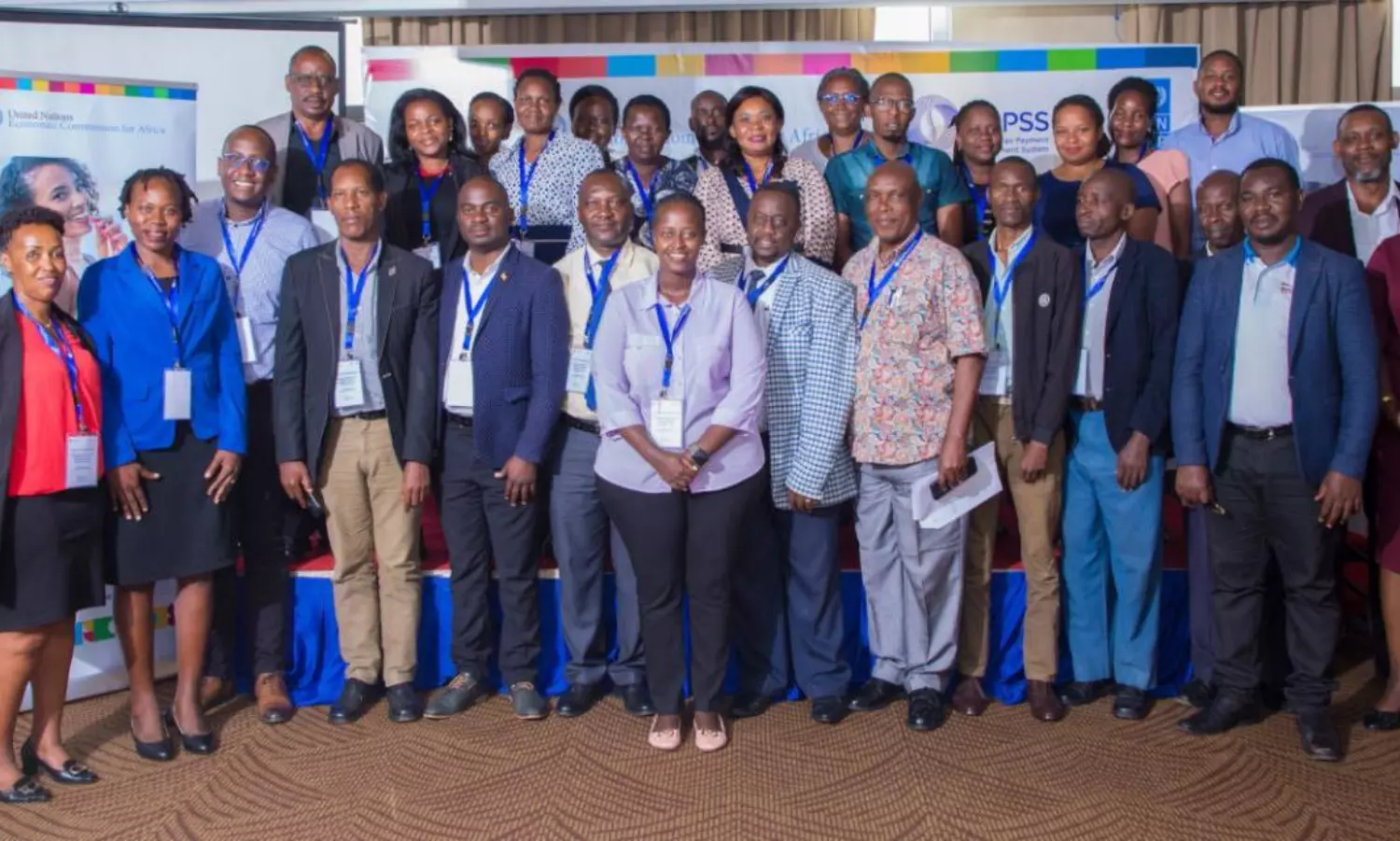Comoros, Tanzania, Uganda gear up for AfCFTA implementation
AfCFTA aims to establish a single market of 1.3 billion consumers with a combined GDP of $3.4 trillion, making it the biggest free trade area in the world by number of participating countries.

United Nations Economic Commission for Africa (ECA) organised a series of trainings in collaboration with the governments of Comoros, Tanzania and Uganda to strengthen the capacity of public and private sector stakeholders to implement the African Continental Free Trade Area (AfCFTA) Agreement effectively.
Maximizing the benefits of the AfCFTA for businesses: Strategies and tools for accessing the market was the key theme of the training, which covered topics such as market access opportunities, rules of origin, tariff concessions, trade facilitation, non-tariff barriers, dispute settlement and digital trade.
Held in July, October and November 2023, these series of trainings involved more than 300 participants from government ministries, agencies, trade associations, chambers of commerce, academia and civil society. Their objective was to equip the participants with relevant knowledge on modalities of liberalization of goods and services, implementation instruments, procedures and opportunities under the AfCFTA and to sensitize them on the opportunities, benefits and challenges of the agreement as well as how to leverage these benefits.
Said Abdou Salime, secretary general at the Ministry of Economy and Trade of Comoros said that "the practical training, arrives at the right time", especially now that the Comoros holds the presidency of the AU in 2023 and intends to actively participate in the next phase of the guided trade initiative.
Isaac Bonny, a Bank of Uganda official, said "The AfCFTA training is relevant as the bank regulates the payments system and supports the AfCFTA negotiations, especially on payments and digital trade". He added that the private sector lacks awareness of the AfCFTA benefits and this workshop would help them seize the opportunities of the AfCFTA.
The AfCFTA is a historic achievement for Africa's economic integration and development. It aims to establish a single market of 1.3 billion consumers with a combined GDP of $3.4 trillion, making it the biggest free trade area in the world by number of participating countries.
Ali Khamis Juma, principal secretary, the Ministry of Trade and Industrial Development in Tanzania, thanked ECA for its valuable support. He also emphasized the significance of such an initiative for Tanzania's industrial diversification and economic growth. Similar training was also held in Zanzibar and Bemba.
Mama Keita, director of ECA's Office for Eastern argues that the the AfCFTA is a catalyst for Africa's economic transformation and integration. She assured ECA's continued support to the countries.
These workshops are part of ECA's ongoing efforts to assist African countries in preparing for and implementing the AfCFTA, which became operational on 30 May 2019 and started trading on 1 January 2021.


